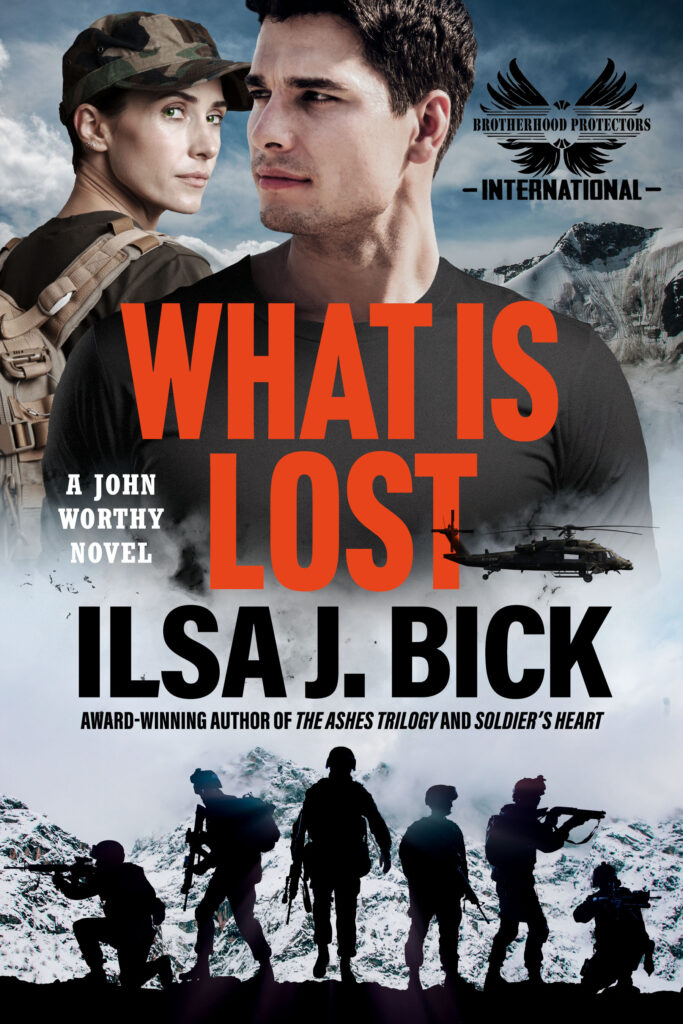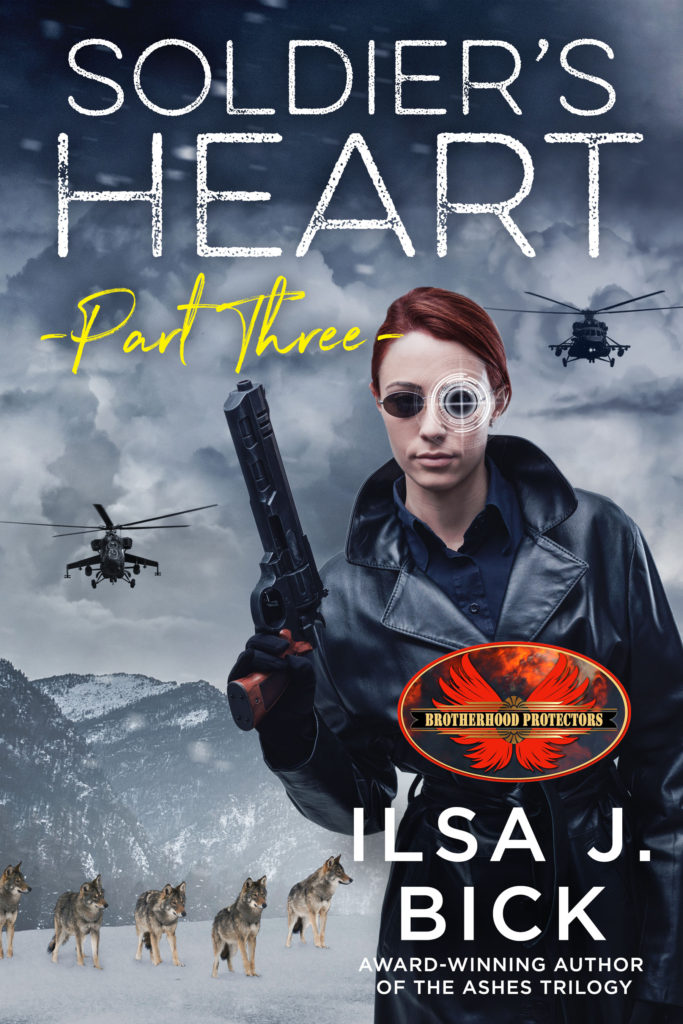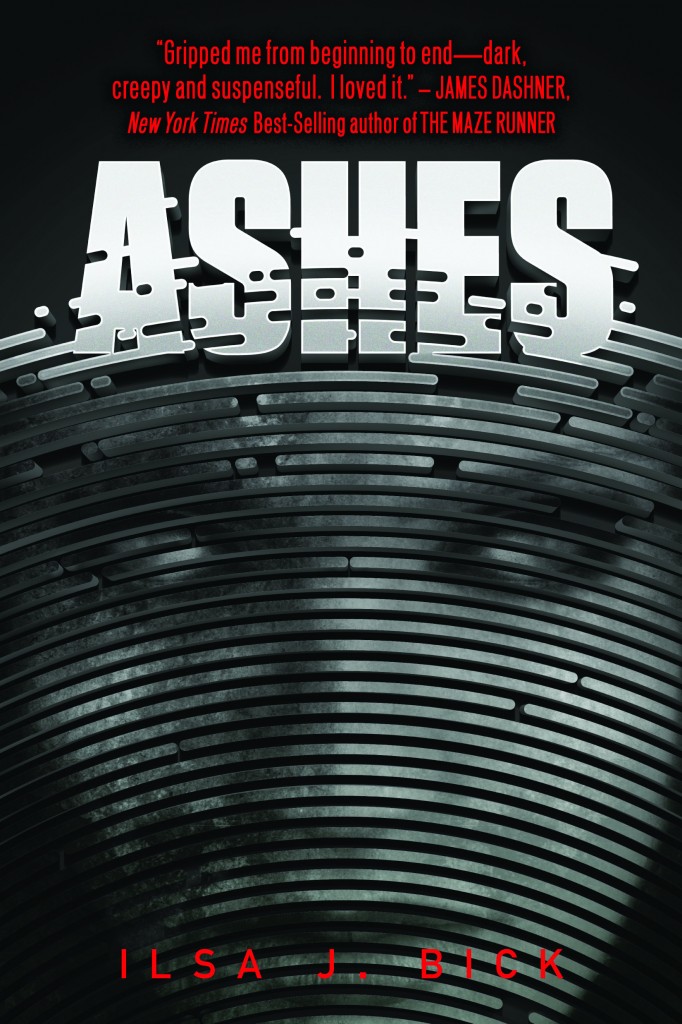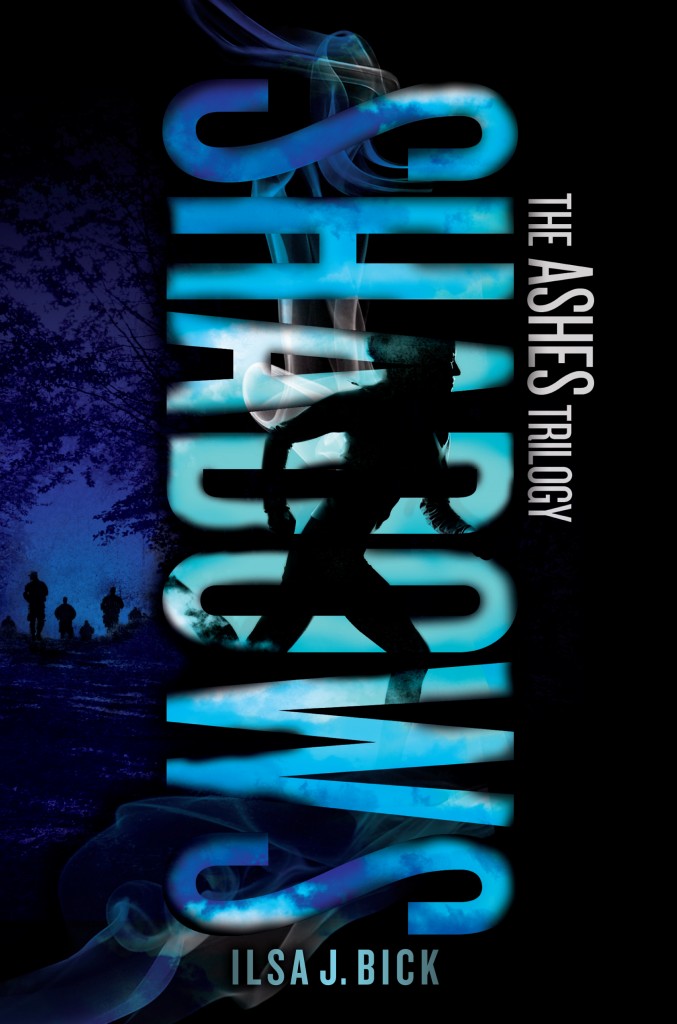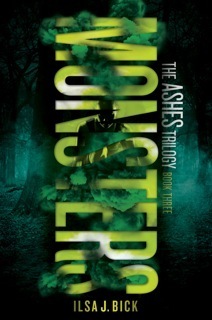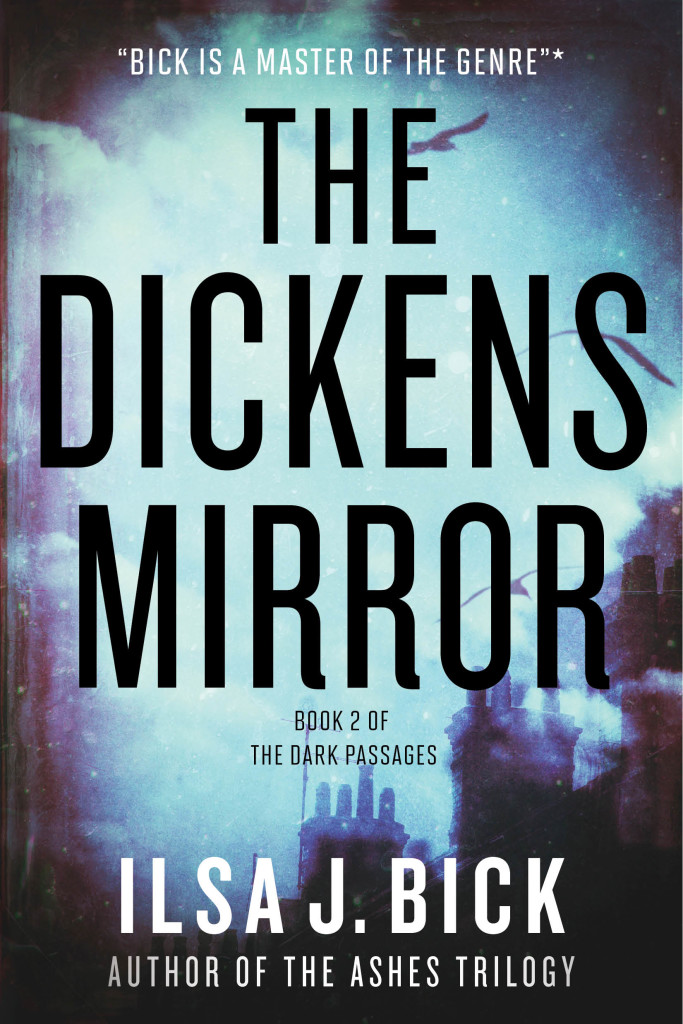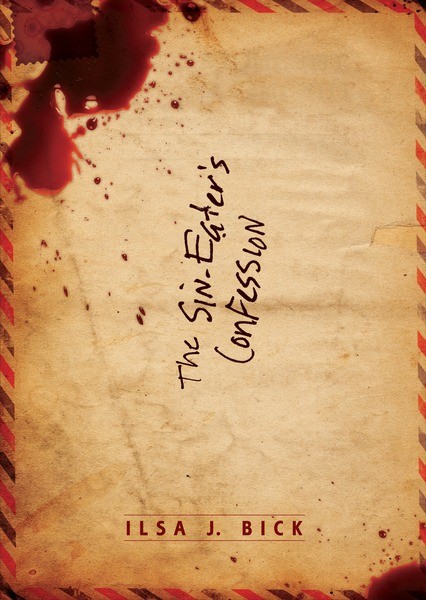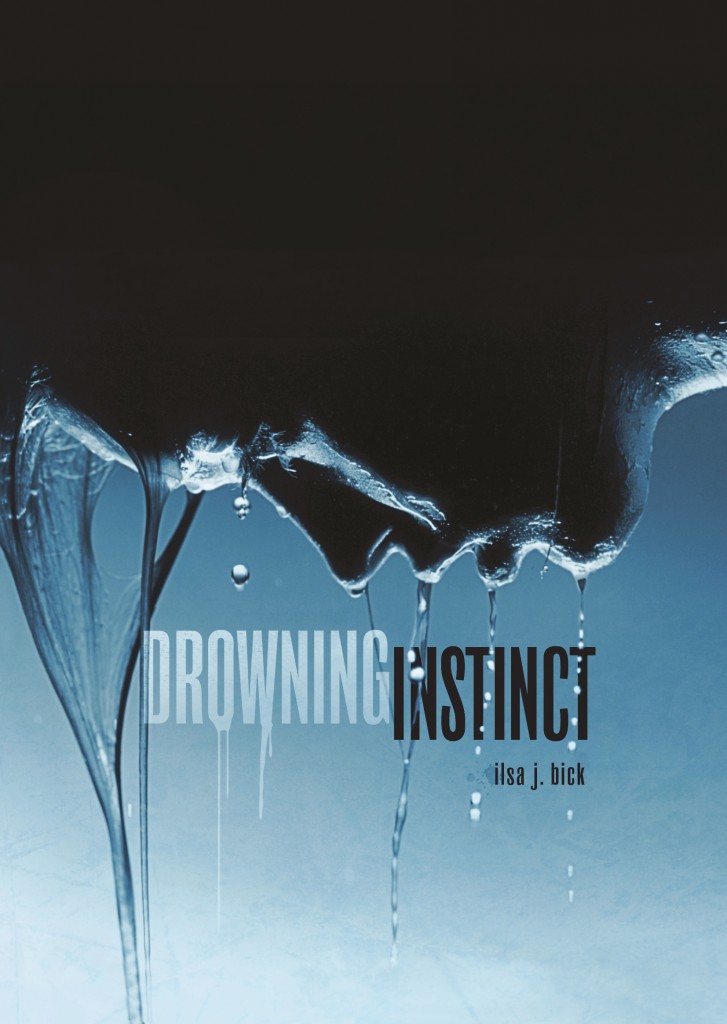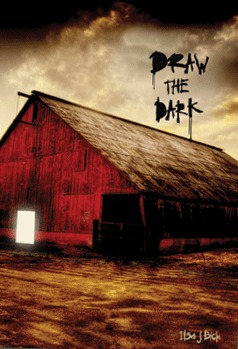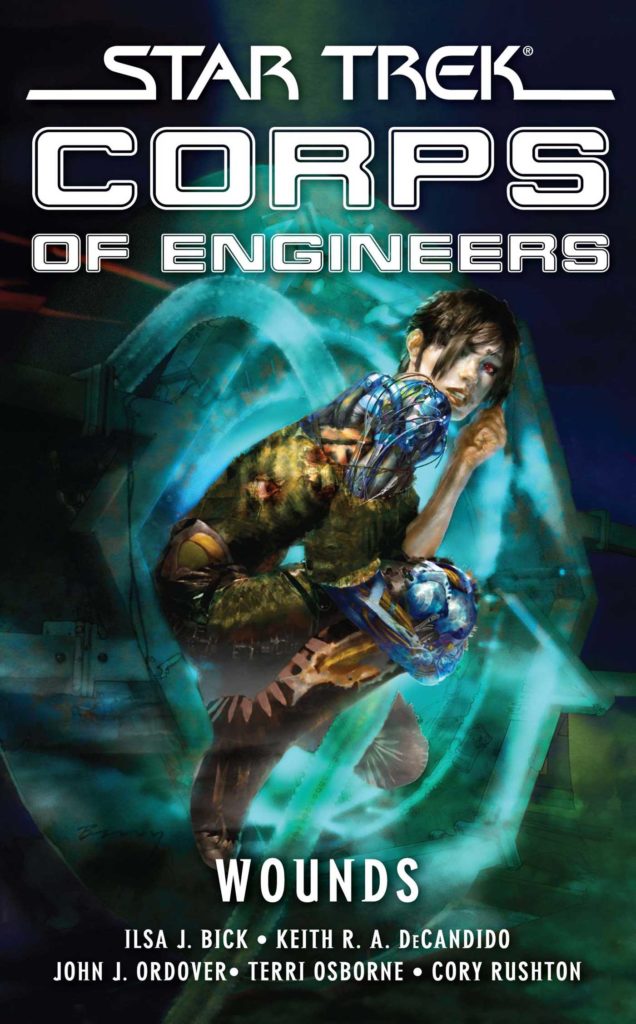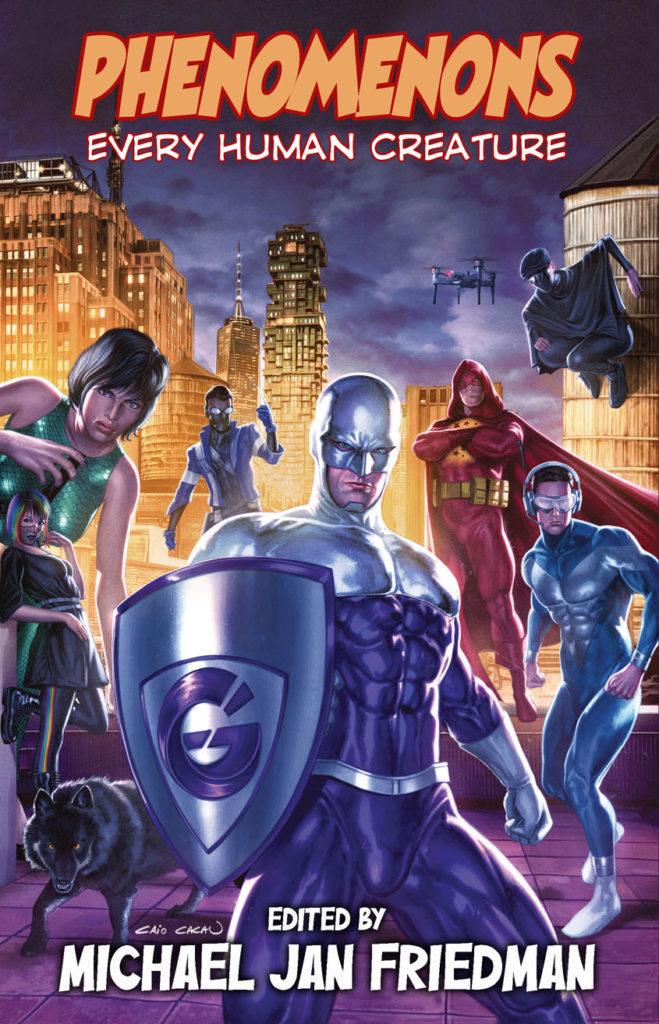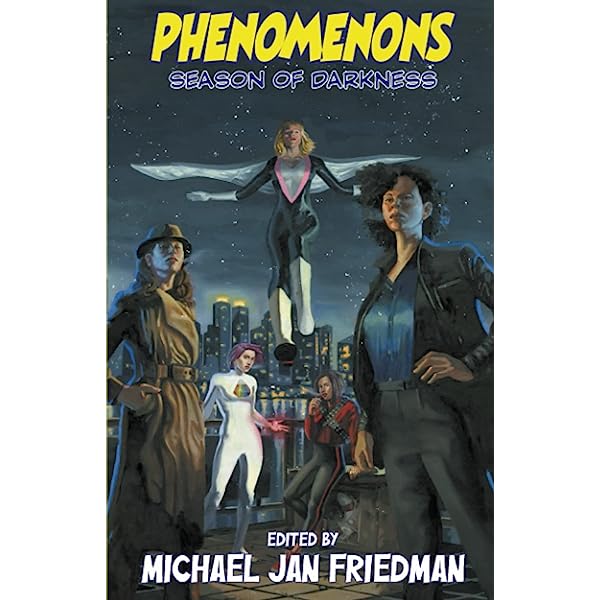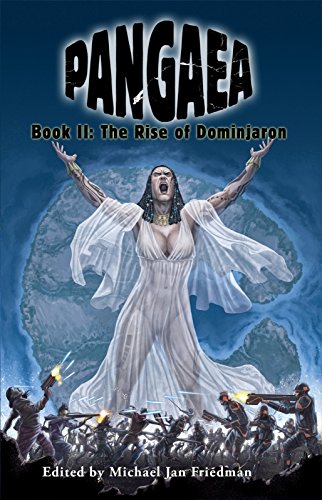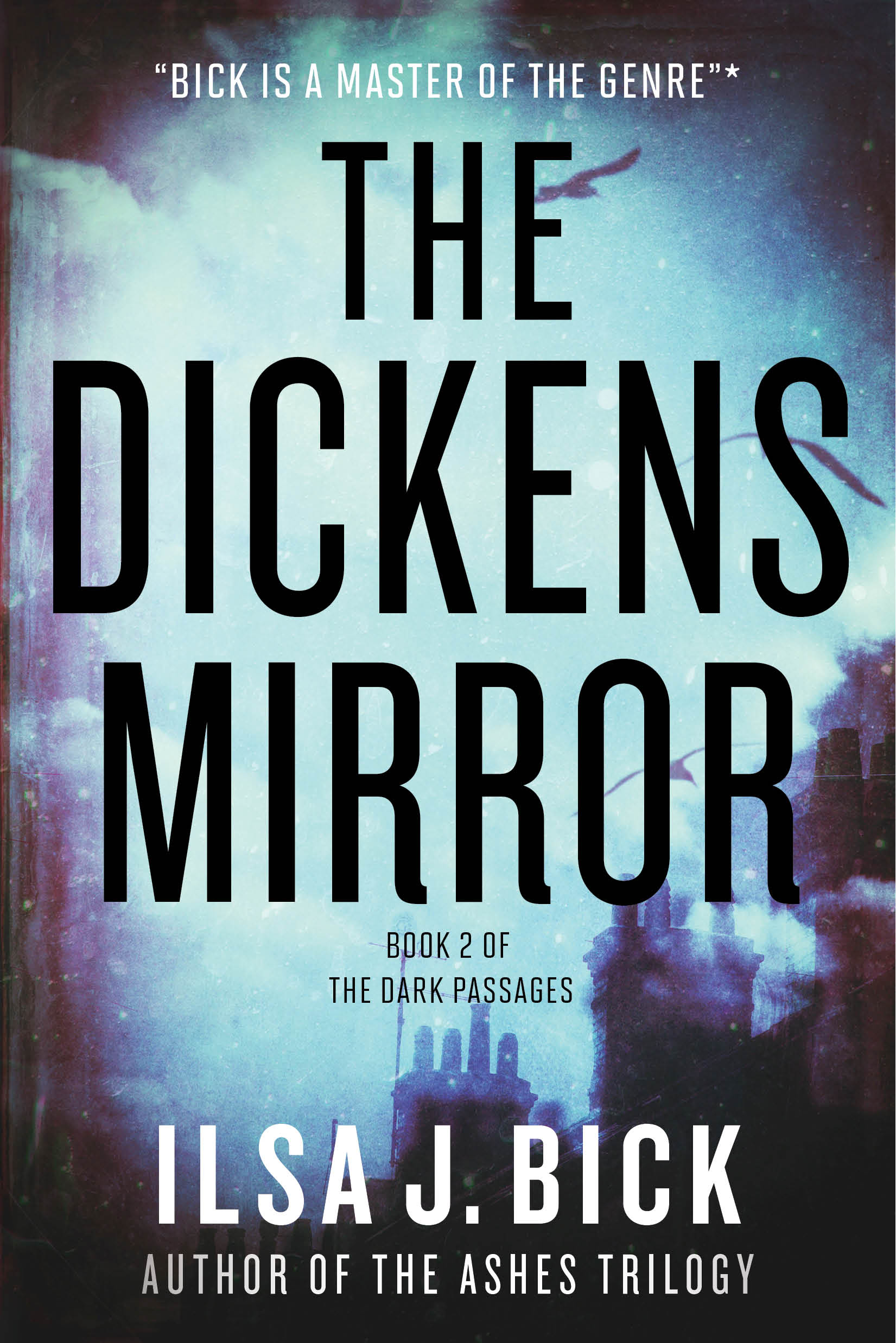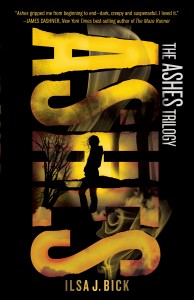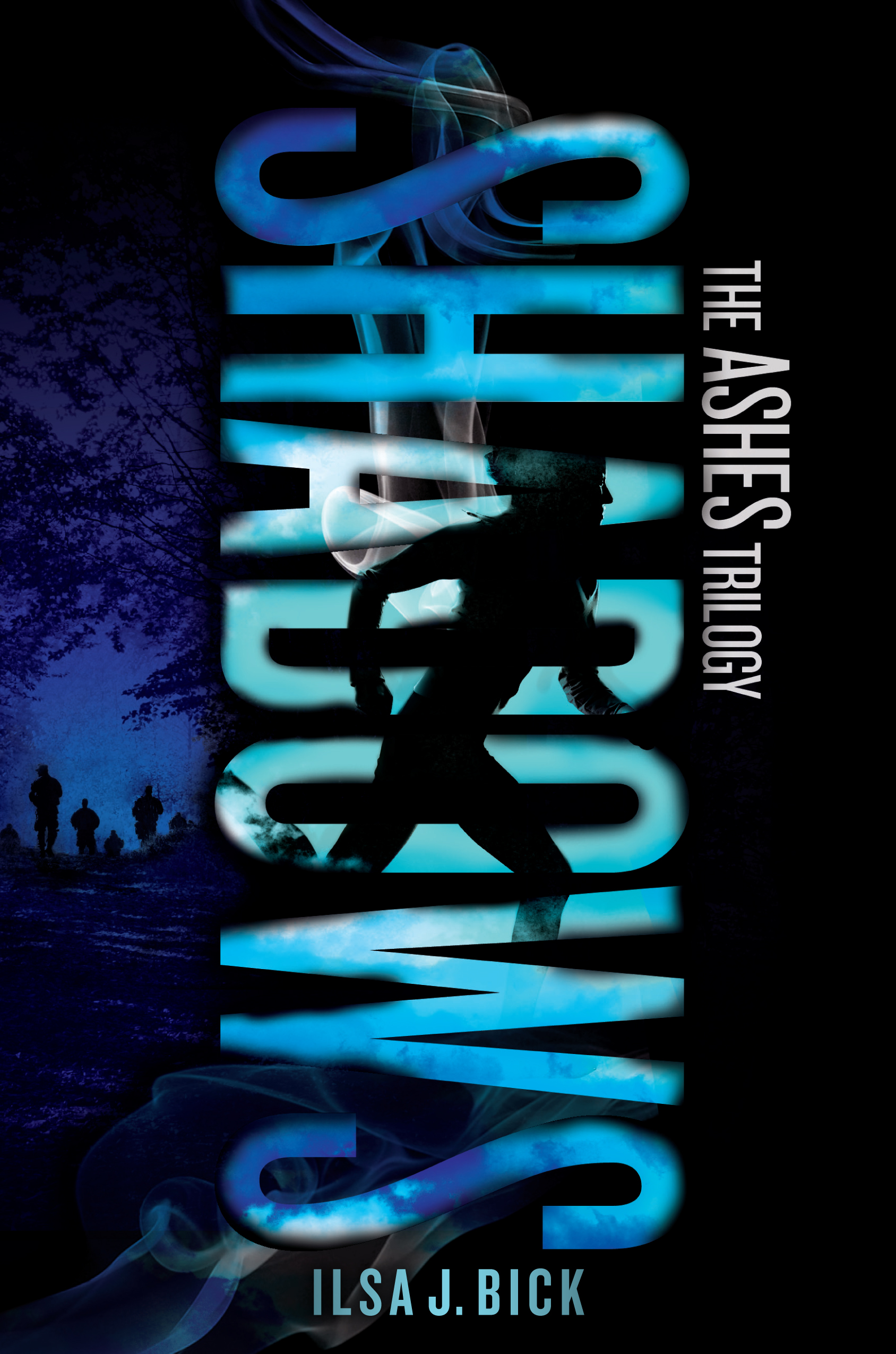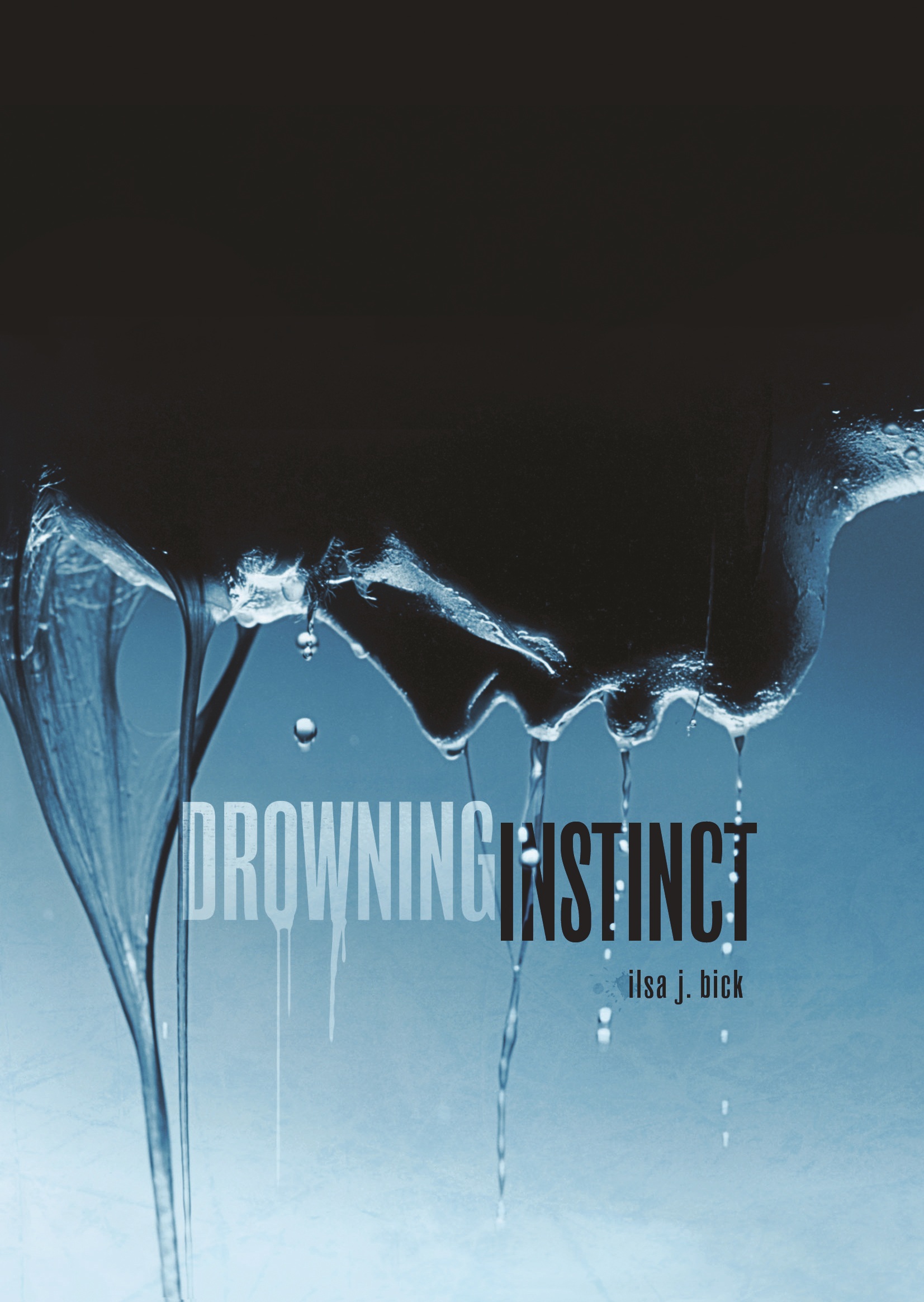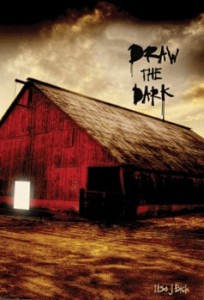I was insanely busy this past month, but this seems to be my new norm and the month to come–what with the BEA and family stuff in addition to buffing and spiffing a new book to send out and drafting the outline for the next (a standalone, I’m thinking) and putting up some of my stories online–promises to be just as packed. Oh, and there’s the garden to plant . . .
When I stand back, I read a fair amount this past month: across genres, a bunch of award-nominees, the whole nine yards. Unfortunately, far too many books–reads and listens–got my 20% treatment, and some not even that. Might have been my mood, but I don’t think so–mainly because I’m STILL struggling through one audiobook not because it is the best this author’s ever produced (it isn’t; the plot is overly long and plodding and could’ve used a little time with a weed-whacker) or the narration is so wonderful (it’s not, and what really KILLS me is that the narrator seems to have bought into the axiom that a Southern accent equals a ten point drop in IQ–and the story takes place in the far northeastern part of the US) but because, as always, I firmly believe this author has something of value to teach. So I listen in chunks until I’m just so frustrated or there’s something SO SILLY that it’s all I can do not to break the iPod–and then I walk away until I calm down.
Really, I think my lack of great April reads and listens was just luck of the draw. Maybe next month.
But, without further ado:
READS
Draper, Susan; Out of My Mind (Atheneum; 2010). My librarian recommended this little gem. 11-yo Melody is one of those very brainy kids who’d probably have a hard time fitting in under the best of circumstances. Now, throw in that she has cerebral palsy, is confined to a wheelchair, has limited body control (her thumb, principally), is mute and unable to let people know just exactly how smart she is (even the docs think she’s profoundly retarded)–and you might have had the recipe for a treacly affliction-of-the-week narrative. Wrong-o. When Melody’s family outfits her with a computer and the girl begins to peck out her thoughts, a thumb-stroke at a time, then the book takes off, with some unexpected, highly believable turns on the way. Because Melody is REALLY smart–smart enough to be transitioned out of special ed and mainstreamed; smart enough to make her school’s quiz team; smart enough to go with her team to a national competition–and not yet smart enough to understand that people can mouth all the right words and still break your heart. I won’t give away the rest of this book, but this is a fast, immensely entertaining read that is, in its way, as brutal and unflinching as . . . well, real life. Give it a go.
Grant, Michael; Plague: A Gone Novel (Katherine Tegen Books, 2011). If you’ve been following this series, you know that things are going from bad to worse to downright AWFUL in the FAYZ–and I’ll bet you’re loving every second of it. There’s no easy way to summarize this penultimate installment, but suffice to say that the usual cast of bad actors make their reappearance; the food’s just about gone and so is most of the water; Sam and Astrid are having major relationship issues (Grant doesn’t believe in sugar-coating a thing, and so not only is there a fair amount of violence, but sex becomes a huge issue–which, if you’re talking a bunch of isolated teens, makes all kinds of sense); and Little Pete–both the author of the FAYZ and its potential savior–gets a fair amount of play. Personally, I enjoyed this more than the previous book, which felt a bit like a placeholder, and think the plot clearly advanced the overall narrative. I’m looking forward to–and dreading–the last book in this series because. . . because . . . THERE WON’T BE ANY MORE!!! NOOOOOO!
Northrop, Michael; Trapped (Scholastic; 2011). Take a blizzard. Make it really bad. Like, storm of the century bad. Throw in seven kids, not all of whom are friends, and strand them in the high school. Now, make sure they have no power, no way out, no ability to let anyone even know where they are. Stir and stand back–and you have the makings for a potentially fascinating book on the individual and group dynamics of survival. This was a great premise–and yet I kind of hesitated to recommend this because while parts of it are very, very good, others are incredibly under-developed. The book ended much too early and didn’t exactly resolve (I’m not saying I want things spelled out; I live with ambiguity just fine) so much as simply stop–as if the author had run out of ideas. This reads much more like the idea for a great book–almost a novella, really–and there was a lot to explore here, so much so that this should’ve been a bigger, better fleshed-out, much more compelling read. It’s not; a few characters with promise aren’t given much play at all (and one is downright superfluous; the story would’ve been the same without him); and I was a little bothered by how passive the girls were, how the group dynamics didn’t quite ring true . . . stuff like that. Still, this is well-written and nicely paced and very fast, so worth the time.
LISTENS
Nothing. Blah. Bad month.
LOOKS
The Killing (Vena Sud; 2011; AMC) Based on a Danish series, this handsome and thoroughly absorbing mystery has been moved to Seattle and centers on the murder investigation of seventeen year-old Rosie Larson. Now, clearly, the series’ sensibilities–grim, bleak, a tad too deliberate–are driven, in part, by the popularity of the Stieg Larssen books (and one does wonder if the writers were being a bit coy with last names here). We all know that a murder is just the starting point for a series like this; the investigation, backstories and reveals drive the narrative and everyone has a secret. While I sometimes wish the thing would move along already (it does tend to be a bit plodding and draaaawwwwnnnn-oooouuuuuttttt and yeah, yeah, I got it, I got it, I got it already; some elements I see coming for miles), the best mysteries are like spiderwebs: there’s the hub, and then there are the strands, each expertly woven and independent of one another–and yet inextricably linked. Disturb a single strand and the whole delicate structure falls apart. What I do wonder is whether this series can really sustain itself over the long haul. It’s the way I felt about In Treatment, I suppose: another import (from Israel), IT‘s first season was great even if a bit of a busman’s holiday, and then I lost interest because I pretty much knew where things were headed and the principal protag’s problems just weren’t that absorbing. Same thing here: the characters are as bland, bleached and monotonal as a rainy Seattle day; I really don’t “care” about any of these characters–which is weird, for a murder about a kid, but the emotional impact is curiously muted here–as much as I enjoy the mental gymnastics. Still, if you’re tired of having your murder mysteries conveniently wrapped up in 45 minutes and change–where all the forensics comes back in record time–then give the series a chance.
Source Code (Duncan Jones; 2011). Gosh, I loved this movie. Jake Gyllenhaal is Captain Colter Stevens, a helicopter pilot who wakes up after a mission in Afghanistan only to find himself in another man’s body and on a train that’s already been blown to smithereens. Now, watch as Stevens keeps being rebooted (big reveal there) into the same eight minutes of the past (just before the bomb goes off); and all those people he’s trying so hard to save are already dead–oh, and he meets this really sweet, cute, perky girl. Where can this go and what will it do when it gets there? Ah, that’s the fun. Now, never mind that the movie doesn’t make sense; that if you don’t get it in the first twenty minutes, there is no hope; that there’s enough physico-science-techie babble that I kept expecting a Trek character to beam in and suggest a tachyon beam . This movie is everything that Inception was not: just plain fun and good film-making; a briskly paced thrill-ride with just enough romance so you know the happy ending is never really in doubt. It’s a premise I wish I’d thought of first, darn it.
